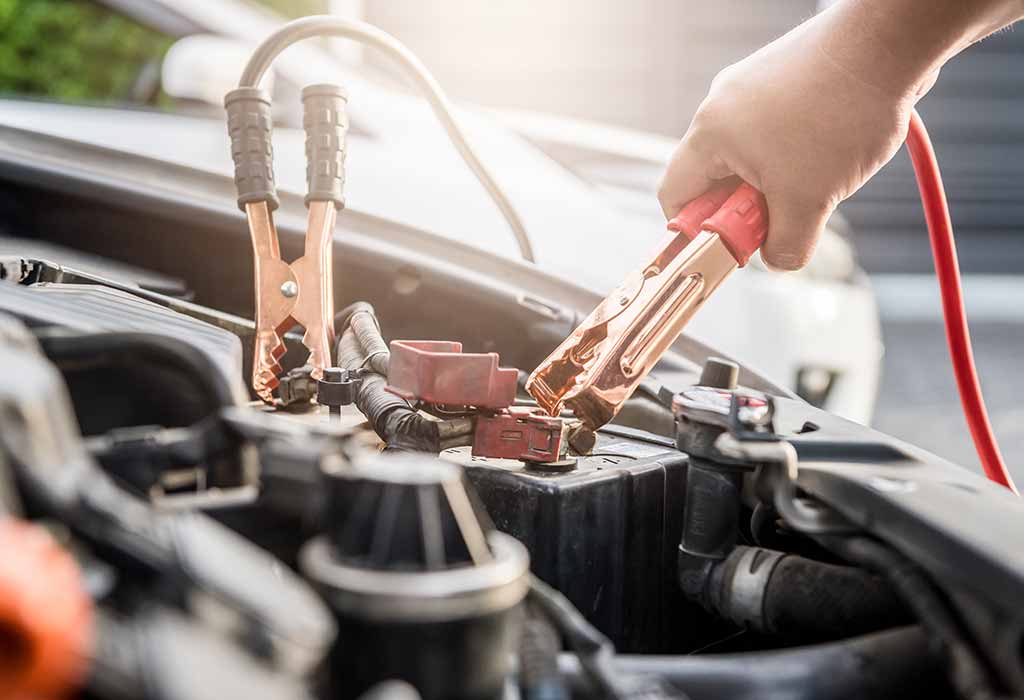How Cold Weather Impacts Your Car Battery
As the temperature drops, your car battery faces new challenges. Cold weather can significantly affect its performance, increasing the risk of unexpected breakdowns. Understanding how lower temperatures impact your battery and taking the right precautions can save you time, money, and stress during fall and winter.

Why Cold Weather Hurts Your Car Battery
Your car battery works through chemical reactions to produce power, but these reactions slow down in cold weather. As the temperature drops, your battery’s ability to hold a charge decreases, making it harder for your engine to start. At 32°F (0°C), your battery can lose up to 20% of its strength, and at 0°F (-18°C), it may lose as much as 50% of its capacity.
Additionally, colder weather makes engine oil thicker, which requires more energy from the battery to turn over the engine. This increased demand, combined with reduced battery performance, puts extra pressure on your vehicle’s electrical system and can lead to starting issues.
Common Signs of a Failing Battery in Cold Weather
Here are some signs that your battery might be struggling as the temperature drops:
- Slow engine crank: If it takes longer than usual to start the engine, this could mean your battery is losing power.
- Dim or flickering lights: A weak battery may cause your headlights or interior lights to appear dim or flicker.
- Clicking sound when turning the key: A clicking noise when trying to start the car could indicate a low battery charge.
- Corrosion on terminals: Visible corrosion on the battery terminals is a sign that the battery is deteriorating.
How to Keep Your Battery Ready for Winter
To avoid battery-related problems in the cold, follow these tips to keep your battery in good condition:
1. Test Your Battery Before Winter
Most auto shops offer free battery tests. If your battery is over three years old, it's wise to get it checked before the cold sets in. A quick test can help you know if it's time for a replacement before you're stuck in the cold.
2. Clean the Battery Terminals Regularly
Corrosion on battery terminals can interfere with the electrical connection. Clean them with a mixture of baking soda and water, or have a mechanic do it during routine maintenance. Keeping them clean ensures better performance.
3. Avoid Frequent Short Trips
Short trips don’t give your battery enough time to recharge fully. Try to take longer drives whenever possible, especially in cold weather, to keep your battery charged and healthy.
4. Turn Off Accessories Before Starting
Using the heater, lights, or other accessories while starting the engine can drain your battery. Turn them off before starting to reduce strain and make starting easier.
5. Park in a Garage or Covered Area
If possible, park your car in a garage or under a shelter. This helps protect it from extreme cold, keeping the battery slightly warmer and reducing the impact of cold weather on its performance.
By staying proactive and taking care of your battery, you can avoid many of the common issues that come with cold weather. With a little preparation, you’ll be ready to drive confidently all season long.
Air Fryer,Electric Air Fryer,Electric Digital Air Fryers,Led Air Fryer Touch Screen
Evergreen Houseware , https://www.evergreenhome.cn